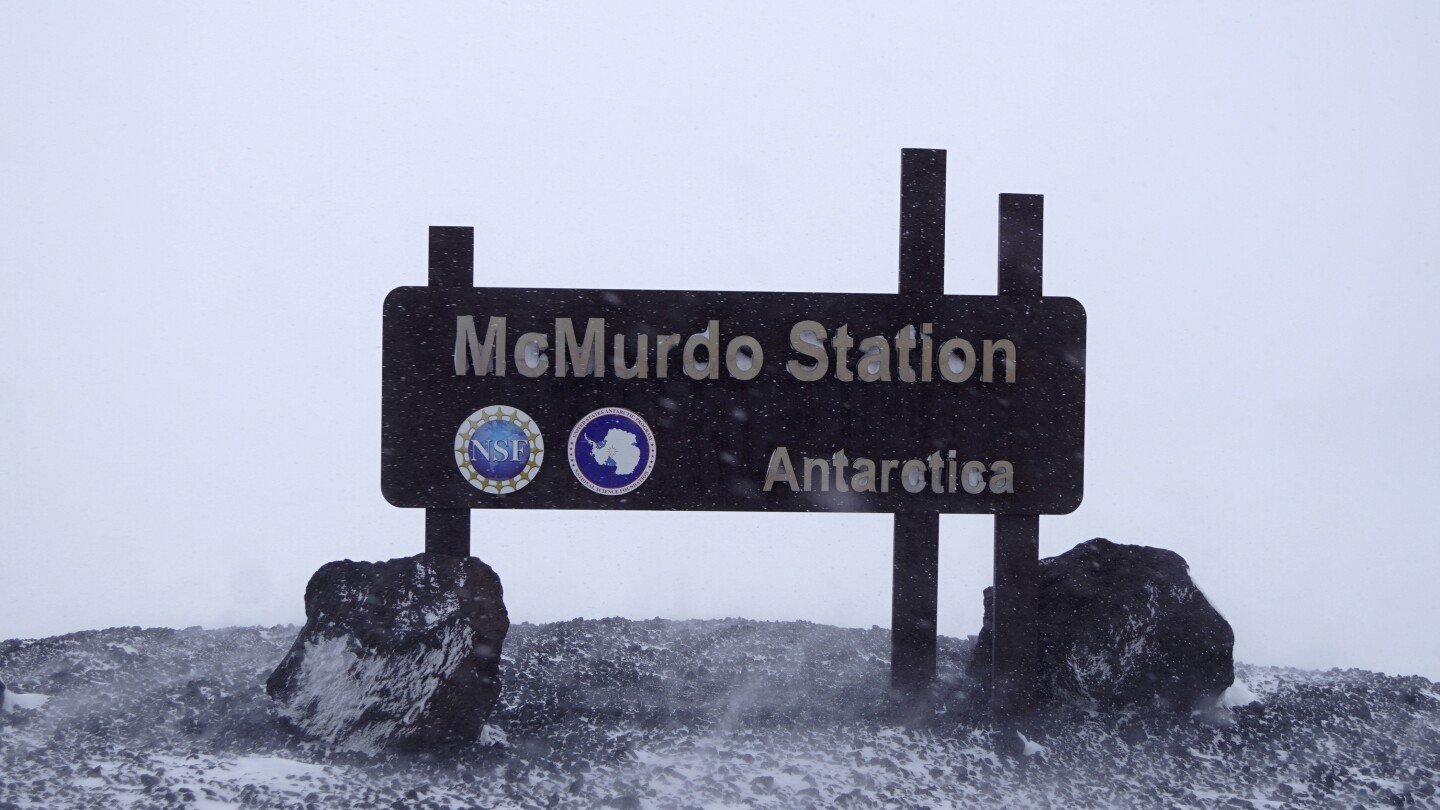- cross-posted to:
- world
- cross-posted to:
- world
The National Science Foundation, the federal agency that oversees the U.S. Antarctic Program, published a report in 2022 in which 59% of women said they’d experienced harassment or assault while on the ice, and 72% of women said such behavior was a problem in Antarctica.
But the problem goes beyond the harassment, The Associated Press found. In reviewing court records and internal communications, and in interviews with more than a dozen current and former employees, the AP uncovered a pattern of women who said their claims of harassment or assault were minimized by their employers, often leading to them or others being put in further danger.



Sure, weight is definitely a more important factor than idk, reaction ability in danger situations or physical resistance to unfriendly environments.
Yes, it is. On a long mission, even a few kg can have big differences in fuel consumption. Also the mean difference of reaction times between men and women is around 20-30ms, which is miniscule. Idk about the differences in resistance to space, but I highly doubt that men are significantly more resistant than women.
Why is 20-30ms “miniscule”, but “a few kgs” compared to the weight of a fucking spacecraft isn’t?
I would assume a manned mission would have larger tolerances due to the unpredictability of humans and to ensure their safety
I’m not saying men are better than women in those aspects. I’m saying a very limited amount of people, both men and women, have the physical and mental fortitude to withstand a space mission, and there is virtually never going to be a situation where two people have the exact same qualifications and weight has to be the “tiebreaker”. It’s pretty much a non-factor.